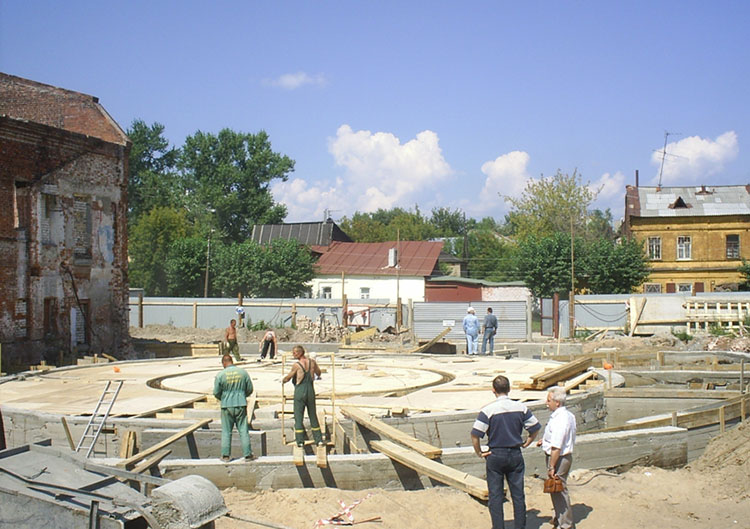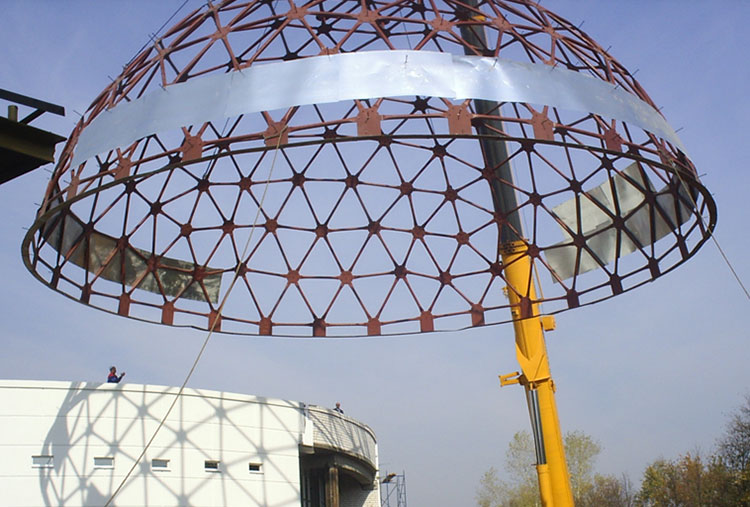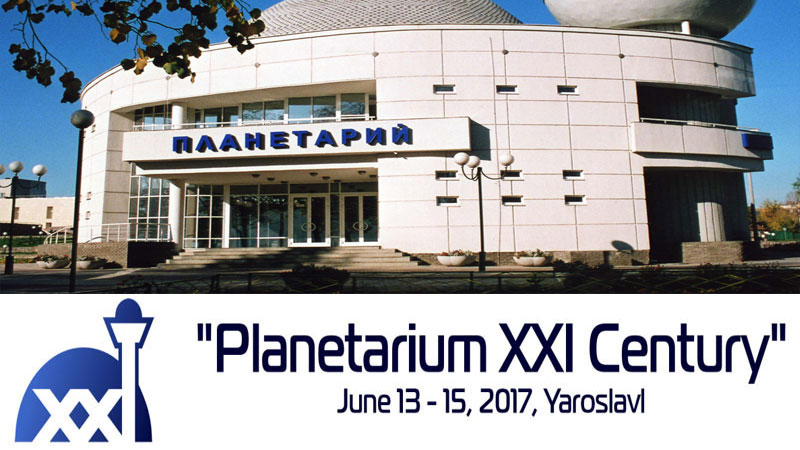First Digital Planetariums in Russia – 3rd Russian Planetarium Conference Diary
The age of digital planetariums in Russia started about 10 years ago, but they've shown significant development even in this relatively short time period. Zinaida Sitkova, Director of the Russian Planetariums Association, talks about the history of this technical revolution and shares plans on creating new fulldome content.

 Many Russian planetariums were first opened in the 1950s-1960s in churches and cathedrals, which was a typical practice during the Soviet times. Recently a need has arisen to return these religious buildings to the church, and found new educational and entertaining centers. Here's the list of Russian planetariums fitted with digital equipment:
Many Russian planetariums were first opened in the 1950s-1960s in churches and cathedrals, which was a typical practice during the Soviet times. Recently a need has arisen to return these religious buildings to the church, and found new educational and entertaining centers. Here's the list of Russian planetariums fitted with digital equipment:

The construction site of the Nizhny Novgorod Planetarium.
Photo credit: Nizhny Novgorod Planetarium

Placing a dome over the planetarium foundation.
Photo credit: Nizhny Novgorod Planetarium
- 2007: Nizhny Novgorod Planetarium (16.6m dome, 172 seats, Carl Zeiss Universarium M9, Evans & Sutherland)
- 2009: Kaluga Planetarium (10m dome, Carl Zeiss Space Gate, Skymaster ZKP4)
- 2009: Podolsk Planetarium (6m dome, 33 seats, Epson EMP TW3800)
- 2010: Novokuznetsk Planetarium (10m dome, 70 seats, Carl Zeiss Space Gate, Skymaster ZKP4)
- 2011: Tomsk Planetarium (Carl Zeiss Space Gate, Skymaster ZKP4)
- 2011: Yaroslavl Planetarium (12m dome, 94 seats, Carl Zeiss Skymaster ZKP4)
- 2011: Moscow Planetarium (25m dome, 364 seats, Carl Zeiss Universarium M9)
- 2012: Novosibirsk Planetarium (16m dome, 114 seats)
- 2012: Perm Planetarium (12 m dome, 100 seats, Carl Zeiss ZKP1)
- 2013: Kazan Planetarium (83 seats)
- 2014: Ufa Planetarium (8m dome, 85 seats, Carl Zeiss ZKP3).
Have you liked this post? Subscribe to FDDB Newsletter
Start the experience!
Not yet registered?
Sign up now, it's free!
Sign up now, it's free!




















